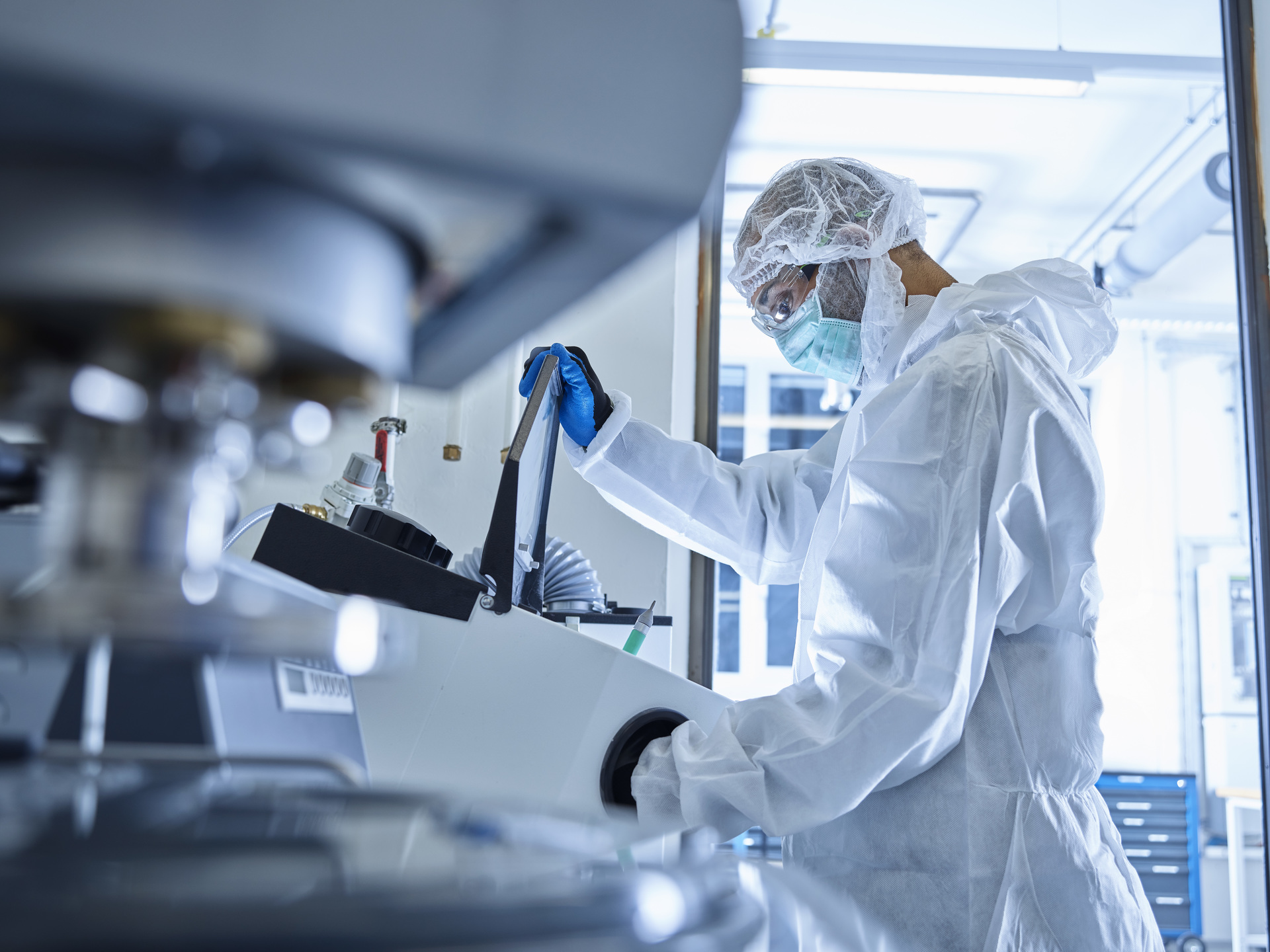Scientists from the A. N. Frumkin Institute of Physical Chemistry and Electrochemistry of the Russian Academy of Sciences and the Federal Research Center for Problems of Chemical Physics and Medical Chemistry of the Russian Academy of Sciences have developed a method for generating electricity by oxidizing hydrogen in an airless environment.
This was reported to RT in the press service of the RNF.
The study was supported by a grant from the Russian Science Foundation.
The results are published in the journal Molecules.research.
Instead of oxygen, which hydrogen plants usually take from the air, chemists used oxygen-containing chlorine compounds.
The new technology makes it possible to generate electricity from hydrogen even where there is no air - in space, under water, in mines.
This greatly expands the possibilities of using environmentally friendly hydrogen fuel.
The authors of the work recall that during the combustion of fuel, an oxidation reaction occurs with the participation of oxygen atoms.
It usually comes from the air.
However, a person has long mastered airless environments, such as space or the underwater world - the equipment used in such conditions also needs energy.
To solve this problem, scientists proposed using chlorine compounds instead of atmospheric oxygen - chlorate anions, which can be stored on a spacecraft or underwater vehicle in the form of a concentrated solution.
The substance and molecular hydrogen enter into redox reactions on the electrodes of the electrochemical cell, which makes it possible to obtain electricity.
Gettyimages.ru
The only by-product of this reaction is ordinary table salt.
As the authors of the work note, the main difficulty was to force the chlorine compounds to enter into a reduction reaction.
Usually this substance does not react even in the presence of special catalysts.
Scientists have found a solution to the problem.
It turned out that a small current pulse is enough to start the reaction.
Further, she is able to support herself on her own.
The chlorine dioxide released during the interaction additionally spurs the intensity of the reaction.
As a result, current generation increases already without external stimuli.
Scientists have managed to choose the conditions in which this self-sustaining process is most intense.
According to experts, in most experiments, chemical energy was converted into electricity with an efficiency of 40% to 50%.
In the future, the authors of the work expect to find ways to increase the efficiency of a new method of generating electricity.
“We have demonstrated the possibility of using the chemical energy of hydrogen gas to generate electricity without the participation of atmospheric oxygen.
Instead, rather cheap and available substances (metal chlorates in the form of an aqueous solution), which were previously considered unsuitable for chemical current sources due to low electrochemical activity, act as an oxidizing agent, ”concluded Mikhail Vorotyntsev, head of the RSF project, Doctor of Physical and Mathematical Sciences, head of the laboratory of the Institute of Physical Chemistry and Ecology of the Russian Academy of Sciences.

